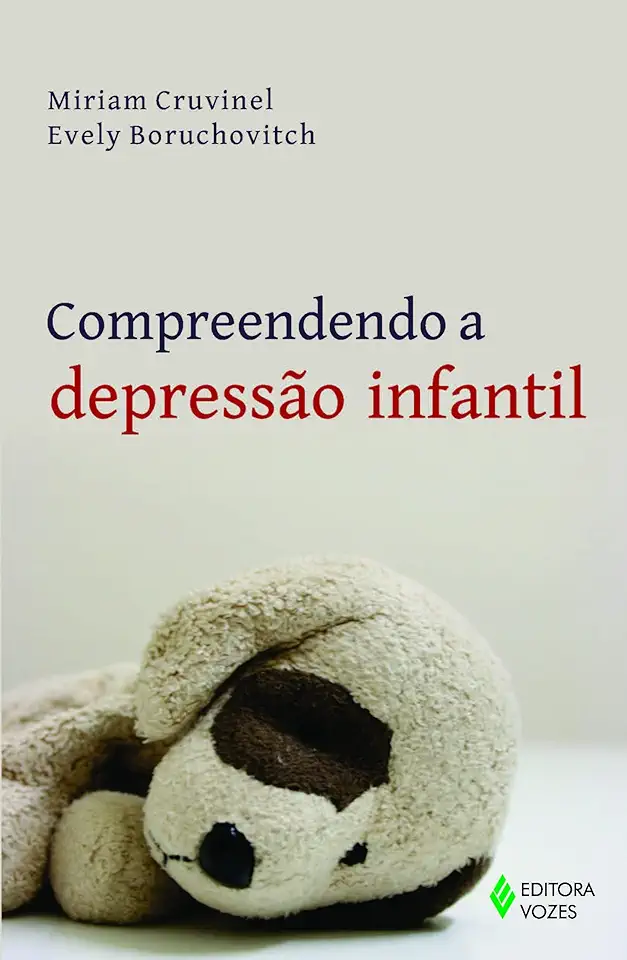
Understanding Childhood Depression - Miriam Cruvinel / Evely Boruchovitch
Understanding Childhood Depression: A Comprehensive Guide for Parents and Professionals
Introduction
Childhood depression is a serious mental health condition that affects millions of children and adolescents worldwide. It can have a profound impact on a child's emotional, social, and academic development, and can even lead to suicide. Despite its prevalence, childhood depression is often misunderstood and undiagnosed.
Causes of Childhood Depression
The causes of childhood depression are complex and not fully understood. However, some risk factors include:
- Genetics: Children with a family history of depression are more likely to develop the condition.
- Trauma: Children who have experienced trauma, such as abuse, neglect, or the loss of a loved one, are more likely to develop depression.
- Medical conditions: Some medical conditions, such as thyroid problems or chronic pain, can cause depression.
- Environmental factors: Stressful life events, such as poverty, bullying, or family conflict, can also contribute to depression.
Symptoms of Childhood Depression
The symptoms of childhood depression can vary depending on the child's age and developmental stage. Some common symptoms include:
- Persistent sadness or irritability
- Loss of interest in activities that the child used to enjoy
- Changes in appetite or sleep patterns
- Difficulty concentrating or making decisions
- Fatigue or loss of energy
- Feelings of worthlessness or guilt
- Suicidal thoughts or behaviors
Diagnosis of Childhood Depression
Childhood depression is diagnosed by a mental health professional, such as a psychiatrist, psychologist, or clinical social worker. The diagnosis is based on the child's symptoms, as well as a thorough evaluation of the child's mental and physical health.
Treatment for Childhood Depression
There are a variety of effective treatments for childhood depression, including:
- Therapy: Therapy can help children to understand their depression and develop coping mechanisms.
- Medication: Antidepressants can be helpful in reducing the symptoms of depression.
- Lifestyle changes: Healthy eating, exercise, and sleep can all help to improve mood and reduce the risk of depression.
Prognosis for Childhood Depression
With early diagnosis and treatment, most children with depression can recover and go on to lead happy, productive lives. However, untreated depression can have serious consequences, including academic problems, social isolation, and suicide.
Conclusion
Childhood depression is a serious mental health condition, but it is one that can be successfully treated. If you think your child may be depressed, please seek professional help immediately.